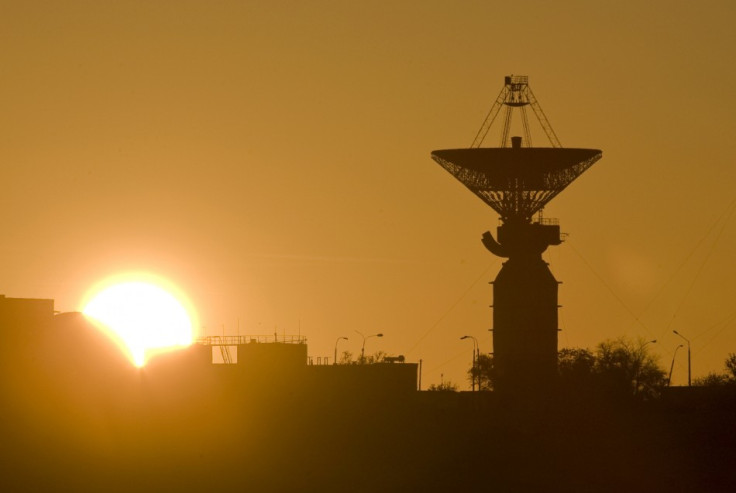Mating Geckos On Board Russian Satellite Foton M Could Be Rudely Interrupted

Four female geckos and one male gecko sent up in a Russian satellite to study effects of weightlessness on mating could be doomed. Their antics in space could be interrupted by a rude crash back to earth.
The Russian space agency has reported losing communications with the Foton-M satellite, launched last Saturday from the Baikonur cosmodrome.
The satellite was carrying an array of items and equipment for diverse experiments. Among them are containers with living organisms, including fruit flies and fungi, besides the geckos, which are supposed to be jettisoned after two months in orbit and land in Russia.
"The equipment which is working in automatic mode, and in particular the experiment with the geckos is working according to the programme," Oleg Voloshin, a spokesman of Russia's Institute of Medico-Biological Problems said.
However, according to scientists at the Russian space firm Progress, they are still to receive video footage of mating geckos to help them explain how lack of gravity affects sexual behaviour.
Russia's Federal Space Agency, or Roscosmos, said the satellite was not responding to mission-control commands. "We currently receive telemetric data from Foton. However, we cannot transmit commands from the Earth to the satellite so far, that is, we have only one-way connection."
Experts are now trying to restore the communications, a mission-control official was quoted as saying by ITAR-Tass, the official Russian news agency.
The satellite was to have stayed in orbit for two months providing insight into microgravity experiments.
According to the Mission Control Centre, the Foton-M is currently in orbit, revolving around Earth in 92.58 minutes, with a minimum height (perigee) of 258.12 km and a maximum height (apogee) of 571.68 km.
If mission control can't restore communications, the geckos are doomed as the satellite will probably crash back.
Last year, the Bion-M satellite loaded with gerbils, mice and fish crashed shortly after launch, killing most of the creatures aboard, The Moscow Times reports.
The Foton-M4 satellite can stay in orbit for up to four months.
© Copyright IBTimes 2025. All rights reserved.





















